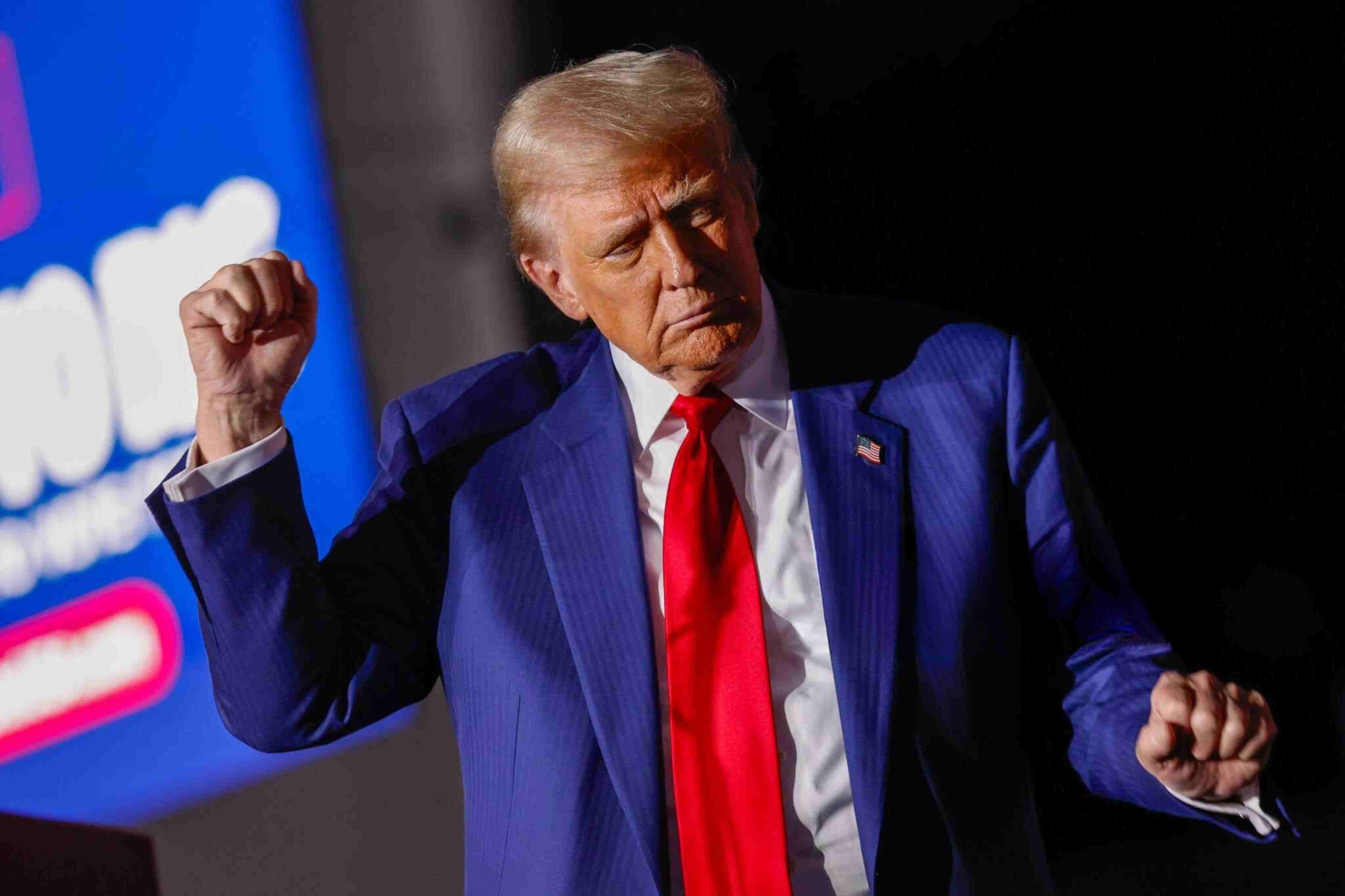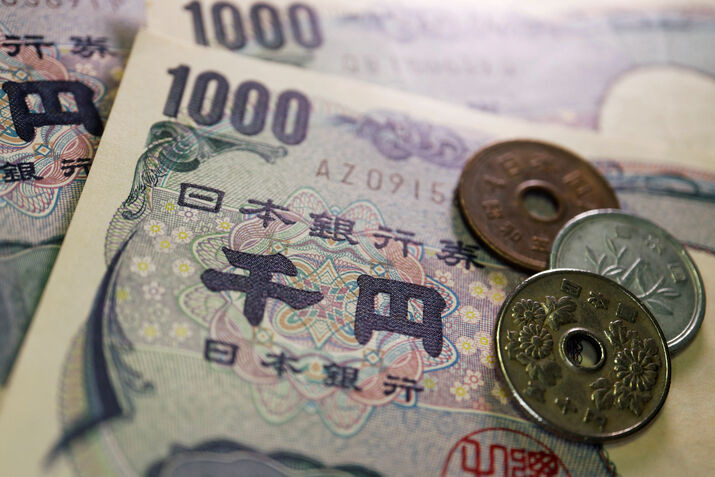[Reuters Analysis] Trump auto tariffs take aim at a pillar of Asian economies - and national pride

- Tariffs could severely impact Japan and South Korea's auto industries
- South Korean Industry Minister promises measures to minimize tariff impact
- Japanese PM considers all options to address U.S. tariff announcement
SEOUL/TOKYO, March 27 (Reuters) - For Japan and South Korea, tariffs announced by U.S. President Donald Trump represent a blow to domestic car industries that are both economic pillars and sources of national pride.
Shares in companies such as Japan's Toyota 7203.T and Honda 7267.T and South Korea's Hyundai Motor 005380.KS and Kia Corp 000270.KS fell, wiping off some $16.5 billion in value, after Trump on Wednesday unveiled a 25% tariff on imported cars and light trucks to take effect on April 3.
On the streets of Tokyo and Seoul, and in "motor city" Gwangju, people were concerned the levies would have a far-reaching impact, speaking to the singular role the car industry has played in the post-war economic rise of the two U.S. allies.
While car production helped transform Germany, Italy and France after World War Two, its influence in Asia has been even more profound. Automakers form the nucleus of vast networks of group companies that impact almost every facet of working life in the two countries.
In Japan, where the industry accounts for roughly 3% of gross domestic product, it is the automakers - particularly Toyota - that set the precedent for national wage increases through annual talks between unions and management.
The auto supply chain totalled around 60,000 companies as of May last year, according to research firm Teikoku Databank. The industry is broadly responsible for the employment of more than 5 million people, or 8% of the entire workforce, according to the Japan Automobile Manufacturers Association.
South Korea's car industry is its biggest employer, and cars and automotive parts account for 14% of exports. About half go to the United States.
"The auto industry is the first thing that comes to mind for most people when you mention manufacturing," said Hiroshi Kojima, a 56-year-old businessman at a materials company who spoke to Reuters in central Tokyo.
"I am worried this could have a big impact on the economy and hit production of Japan's manufacturers."
UNCERTAINTY IN MOTOR CITY
In Gwangju, South Korea, home to the factories that export Kia's Sportage, Soul and Seltos crossovers to the United States, "we are concerned about production volume and jobs," said a worker at a Kia supplier, who spoke on condition of anonymity.
He told Reuters his factory planned to keep staffing Saturday shifts in April, but that demand looked uncertain.
U.S. automaker General Motors has factories in South Korea that export more than 80% of vehicles produced, including Chevrolet Trax and Trailblazer crossovers to the United States. They are likely to be hit harder than plants of South Korean rivals, which produce more cars for the domestic market.
"We are nervous," one union worker told Reuters, also speaking on condition of anonymity. He said management previously told the union that 2025 production would be in line with last year, and has not so far updated its targets.
"We are very concerned about the absence of the South Korean president who can address tariff issues. This is not something that we can control," the worker said, referring to the political turmoil that started in December when now-impeached President Yoon Suk Yeol briefly declared martial law.
South Korea's industry minister Ahn Duk-geun met with executives from automakers and suppliers on Thursday and expressed concern about the impact of tariffs, especially for auto parts makers. He promised measures by April to minimise the impact, including boosting domestic investments and demand.
Japanese Prime Minister Shigeru Ishiba said Tokyo would put "all options on the table" and noted that Japan is the top source of foreign investment into the United States, something the government has been stressing to Washington.
In 2023 Japan exported 4.4 million vehicles, including trucks and buses, with one-third going to the United States.
The tariffs hit a key part of most global automakers' supply chains - Mexico, where for years they have built up lower-cost production bases.
Mexico is the top vehicle exporter to the United States, accounting for 2.5 million light vehicles in 2023, according to the Mexican Automotive Industry Association. Nissan took a 10% share of that, the largest among Asian carmakers but less than General Motors, Stellantis and Ford.
JOB WORRIES
For 57-year-old waitress Etsuko Fukada, the tariffs highlighted the difficult dynamics of Japan's relationship with the United States. She said Tokyo was unlikely to speak out because of its reliance on Washington for its military defence.
The auto industry has become even more important as Japan's influence in other areas - such as consumer electronics and microchips - has waned in recent years. Automakers are still seen as top destinations for new graduates and competition for white-collar jobs can be fierce.
Mayu Morikawa, a 24-year-old graduate student looking for work, said the tariffs made her fear for her own prospects and those of a friend who had just started at work at a carmaker.
In South Korea, Hyun Sang-jin said the tariffs could threaten many people's quality of life, given Hyundai's pivotal role in the country. "I think this will lead to a big drop in jobs," the Seoul resident said.








